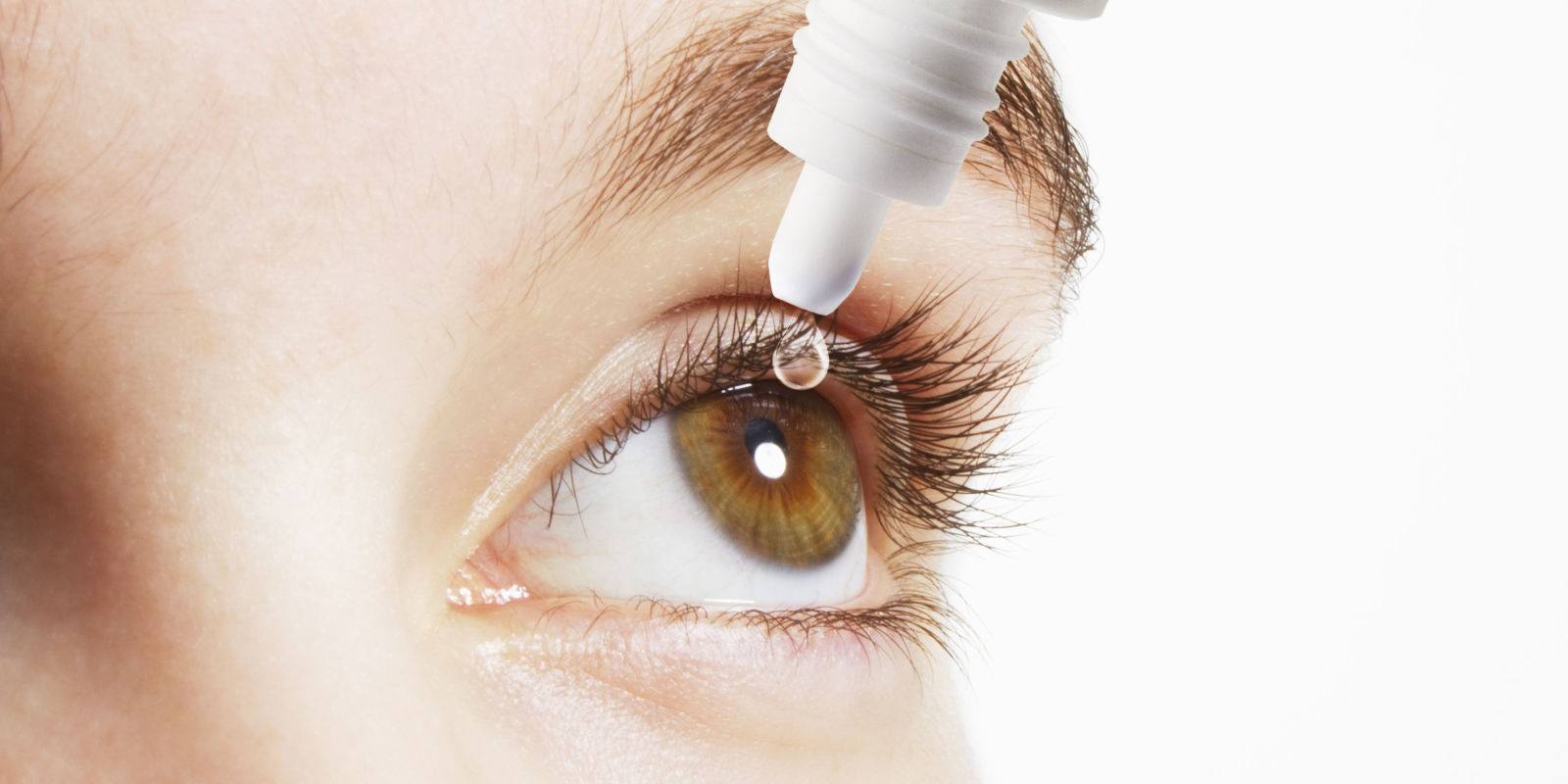
Dry eye syndrome is a common condition that occurs when the eye doesn’t produce enough tears or when these are not of a high enough quality to keep the eyes hydrated and free from discomfort.
Eye dryness can affect anyone, despite being most common among women, especially after the menopause, or in those that live in big cities with higher levels of air pollution. Some studies also show that the condition is more common at higher altitudes.
Living with dry eye on a daily basis can be uncomfortable, but there are a series of measures that can help to alleviate some of the symptoms of dry eye syndrome:
Eye dryness is a chronic condition but knowing how to control it can help to alleviate symptoms. If eye dryness is causing you great discomfort, we recommend seeing your ophthalmologist who will be able to advise you on the best course of treatment.

Contact us or request an appointment with our medical team.